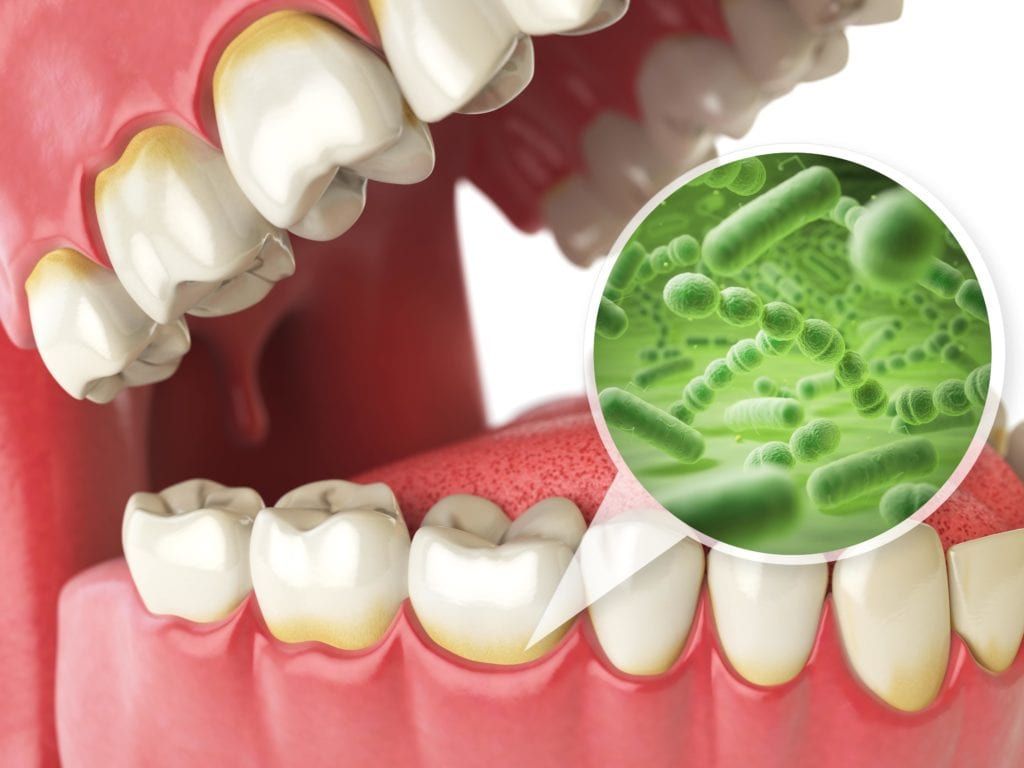In order to live healthy lives, most of us are aware that eating a balanced diet and exercising regularly are important daily habits. However, what about brushing and flossing? According to a study by US News, only 30% of Americans floss daily. And yet, brushing and flossing are just as important to living a healthy life as diet and exercise.

Dental hygiene practices include brushing your teeth twice a day and flossing once a day. Another important dental hygiene practice is regular dental cleanings performed by your general dentist every six months. All these hygiene practices remove excess plaque and bacteria from the surfaces of your teeth.
Many people don’t realize just how important these dental hygiene practices are. This is evident when you consider the fact that only 30% of Americans floss daily. Unfortunately, not practicing dental hygiene can have consequences to both your oral and overall health.
Why Dental Hygiene is Important to Your Oral Health
Dental hygiene is important to your oral health for the simple fact that it removes excess plaque and bacteria from your mouth. The excess bacteria that resides in dental plaque is responsible for two of the most common dental problems: tooth decay and gum disease.

Tooth decay occurs when the waste products from bacteria concentrate in one area and erode the enamel. The erosion of tooth enamel causes the tooth to become demineralized, which can eventually lead to the formation of a dental cavity. An untreated dental cavity will continue to grow until it has reached the innermost layer of the tooth. Once the dental pulp has been infected, the only way to save the tooth is with a root canal.
Gum disease occurs when excess plaque accumulates in the gum pockets along the barrier between the gums and the teeth. The bacteria contained in dental plaque essentially infects the gum tissue and causes the gums to become inflamed. When left untreated, the gums will begin to pull away from the teeth in a process known as gum recession. In its most severe form, gum disease can even cause the loss of bone tissue.
By removing excess plaque, dental hygiene reduces the risk of these problems occurring, as well as minimizes the severity if they are to occur. Since both tooth decay and gum disease can eventually lead to tooth loss, dental hygiene is important because it preserves your teeth by reducing the risk of these problems. Although missing teeth can be replaced, any dentist will tell you that healthy, natural teeth are always the best option.
Why Dental Hygiene is Important to Your Overall Health
Not only is dental hygiene important to your oral health, but it is also important to your overall health as well. Although you may think that the worst thing plaque can cause are tooth decay and gum disease, this is not the case. In fact, the bacteria found in plaque can travel through your bloodstream and affect other areas of your body.
Research has found poor oral hygiene to be associated with various health problems, including:

- Endocarditis
- Pneumonia
- Diabetes
- Cardiovascular Disease
- Pregnancy Complications
As you can see, dental hygiene is extremely crucial to preserving both your oral and overall health. Daily practices such as brushing and flossing, as well as semi-annual dental exams and cleanings are essential to control bacterial populations in your mouth. This, in turn, reduces your risk of developing tooth decay and gum disease, as well as a plethora of other health conditions. This gives you something to think about the next time you want to skip flossing.

